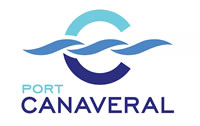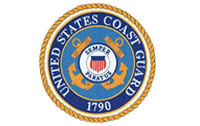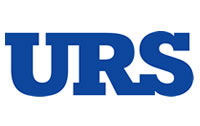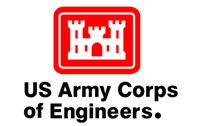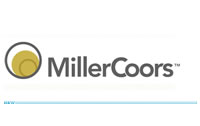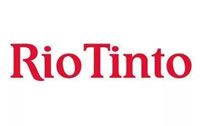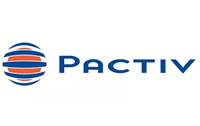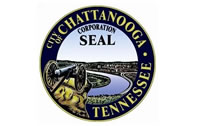In late July I attended the ReliabilityWeb’s Solutions 2.0 conference. I sat in on a presentation about the results of an industry survey on asset information management. One of the presenter’s slides had a quote from James P. Womack, an author on industry, organizations, and lean. The quote was “Managers will try anything easy that doesn’t work before they will try anything hard that does.”
Easy things are the things can be distinguished from hard things by potential to generate stress in one or more people. If there is a low potential for stress, it is an easy thing. If there is a high potential for stress, it is a hard thing.
When people show up late for work or hang out at the stores counter chatting with the stores clerk between jobs and the behavior it is not addressed, it is an easy thing. When the stores supervisor or shop supervisor confronts the wasted time, there is a potential to generate stress. The amount of generated stress is a function of the supervisor’s skill in conveying the need for the behavior to change, the general relationship between the supervisor and subordinate, the professionalism of the employee, and other factors.
What about hard things at a manager level? When a monthly set of process and performance metrics is printed and distributed, it is an easy thing if senior managers don’t review or don’t ask pointed questions of people who are accountable for performance. It becomes a hard thing when a particular person’s metrics are chronically lagging and the senior manager addresses the situation.
When sales are lagging or cost per unit is too high, executives can take the easy way, too. The easy way is to impose a 10% across-the-board cut in operations and maintenance budgets. For the executive, there is a lower potential for stress because they don’t have to do the hard thing of delving into the details and confronting specific low-performing managers. It’s a hard thing to really understand where the costs are being generated and proactively take steps to address the underlying causes. Executives earn their paychecks by making hard decisions.
Why do people do easy things that don’t work as opposed to doing something harder that does work?
If you’ve been in an organization for a long time, you develop a sense of what will fly and what won’t — the overall culture. Dealing with a loitering employee can raise stress levels. In the case of wasted time at the stores counter, a hard thing would be having a good work management process that provides a full day of work assignments, having a relationship with the respective managers where they know you’ll be enforcing company or department policy (and they support you), and confronting the behavior. It would be easy for a supervisor to ignore the situation. The problem is that a supervisor is not paid to ignore non-conforming behaviors.
This brings us to another reason why hard things are sometimes not pursued. In many plants, the leadership team turns over every couple of years. If the hard thing involves a multi-year effort, such as a comprehensive work management process redesign or implementing a predictive maintenance program, the champion of those endeavors has to consider the continuity of support. Senior leaders can be impatient, and they often prefer rapid results over slow yet steady progress. Slow and steady is a hard thing.
When a leader does not have support, that leader can feel like a character from Greek mythology named Sisyphus. He was thought to be unreliable, in much the same way as an impatient senior leader views results that are too slow. Zeus punished Sisyphus by condemning him to an eternity of rolling a large boulder up a hill, never quite able to get it to the top before the boulder rolls back to the bottom of the hill.
Doing hard things is stressful enough, but if there is no support or frequent leadership changes, we are constantly rolling the boulder up a hill and watching it roll back down.
There is a big difference between collecting a paycheck and earning a paycheck, no matter what your leadership level. The easy thing is to collect a paycheck and not stick your neck out. The problem is that leaders don’t get paid to do the easy things — ignoring the need to take action or make improvements. Whatever your leadership position is in your organization, remember that you earn your paycheck by doing the hard things.
Tom Moriarty, P.E., CMRP is president of Alidade MER. He is a former Coast Guardsman, having served for 24 years; an enlisted Machinery Technician for nine years; earned a commission through Officer Candidate School. A past Chair of the American Society of Mechanical Engineers (ASME), Canaveral Florida Section, and a member of the ASME Plant Engineering and Maintenance (PEM) Division. He has a B.S. in Mechanical Engineering from Western New England College, and an MBA from Florida Institute of Technology; Professional Engineer (PE) licensed in Florida, Certified Maintenance and Reliability Professional, various credentials in management and reliability fields. He can be reached at [email protected], or (321) 773-3356.

